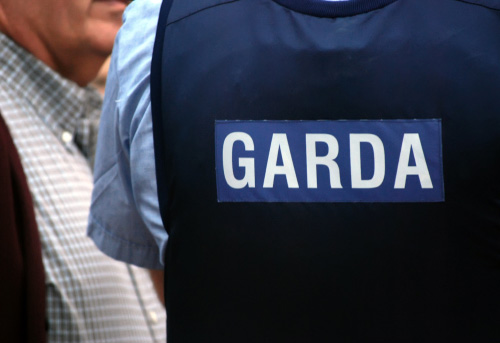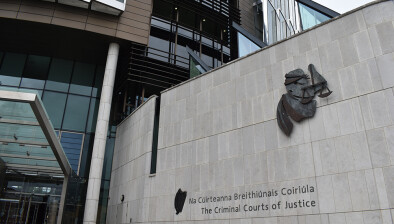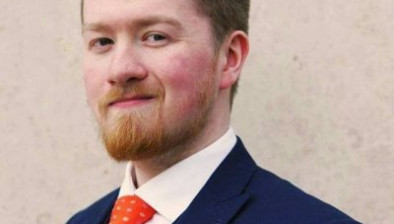Superior courts ‘recognise that recent challenges to drink driving legislation appear cynical’

The superior courts recognise that recent challenges to the interpretation of drink driving legislation contain many arguments that have the appearance of being “cynical”, according to a senior judge.
Giving judgment on a drink driver’s claim that he had the “right to be informed” that breathalyser statements can be provided in either Irish or English, Ms Justice Marie Baker said “it would be best” to describe the arguments advanced as being “technical in nature”.
She said the background to the case concerned the arrest and conviction of Westmeath man Gerard Maher for driving with excess alcohol. Mr Maher was arrested by Garda Marius Stones at 1.10am on 25 October 2015 after being observed driving “erratically”.
He was taken to Mullingar Garda station where he was required to provide two breath specimens by blowing into a breathalyser apparatus. The apparatus then printed two identical statements in English which indicated that the concentration of alcohol in Mr Maher’s breath was 77mcg/100ml. All of the exchanges between Mr Maher and Garda Stones took place in English.
Mr Maher’s lawyers challenged the evidence on the basis that their client had not been offered a choice in which language the statements were to be printed, nor was he told that the apparatus could print statements in either Irish or English.
Judge Seamus Hughes, in the District Court, convicted Mr Maher of driving while intoxicated and fined him. Judge Hughes then provided for the legal issue to be heard by the High Court.
The High Court found that “absent an expression of choice” by the suspect, a Garda is under “no obligation to offer a choice to the person providing the breath sample as to the language in which the statements will be printed”. The High Court held that there was “no consequence at all” for Mr Maher and that there had been no “unfairness, prejudice, or detriment to the appellant (Maher), who was clearly an English speaker”.
Upholding the High Court’s decision yesterday, Ms Justice Baker said the argument, essentially, was that a failure to invite or permit an accused person to make a selection in Irish or English, rendered the signed breathalyser statement returned to the Garda “inadmissible in evidence”.
Ms Justice Baker said the regulations state that a Garda must, before the breath specimen is provided, input certain matters into the breathalyser apparatus, such as name, address, date of birth and whether the statement will be printed in Irish or English.
But the regulations did not provide a “right to be informed” of the fact that the statements may be produced in Irish or English. There was no obligation therefore for the Garda to offer a choice of language to the person providing the breath sample, she said.
No language right was asserted, nor was Mr Maher arrested in a Gaeltacht area or in circumstances where it might have been expected that he wished to conduct his business in Irish. “I am not to be taken as saying that a duty might exist in these circumstances,” she added.
Ms Justice Baker said the case was “the latest in a series of challenges and appeals” concerning drink driving legislation and “it would be best” to describe the argument as “technical in nature”.
She said the barristers for both sides – David Staunton BL, for the State, and James Dwyer SC, for Mr Maher – acknowledged that “society’s approach” to the offence no longer showed “any tolerance of drunk driving because of the risk of death or injury to an innocent person”.
She said the superior courts, too, had recognised that “many of the arguments” made in these challenges “have the appearance of being cynical” or have a legal character that is “wafer thin”. But it should not be forgotten, she said, that the consequences of a conviction for driving while intoxicated were significant.
Mr Justice George Birmingham, president of the Court of Appeal, and Mr Justice John Edwards agreed with Ms Justice Baker’s decision.
Ruaidhrí Giblin, Ireland International News Agency Ltd.








